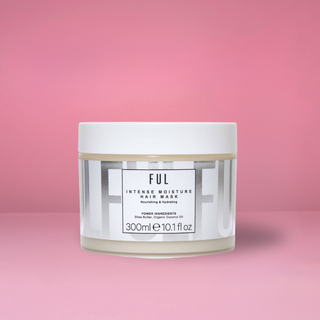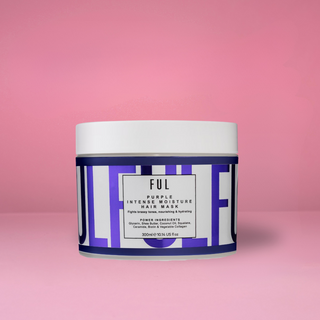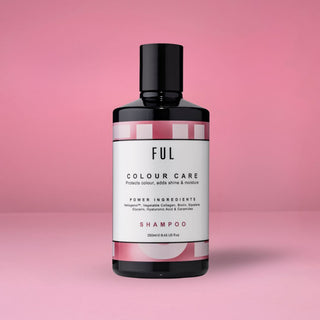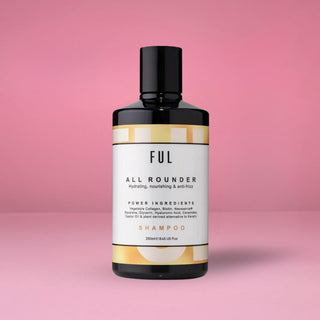Thinning Hair And Menopause
Menopause is a natural and inevitable part of aging for women. While most people associate it with hot flashes and mood swings, one symptom that often goes unnoticed is thinning hair. If you're experiencing hair loss or thinning due to menopause, you're not alone. In this article, we'll explore the link between menopause and thinning hair and offer some tips for managing this common issue.
What Causes Thinning Hair During Menopause?
As women enter menopause, the levels of certain hormones like estrogen and progesterone begin to fluctuate. These hormonal changes can have an impact on hair growth, leading to thinner, weaker hair. Estrogen, in particular, plays a vital role in promoting hair growth, so the decline in its production can cause hair to become thinner and more brittle.
Managing Thinning Hair During Menopause
If you're experiencing thinning hair due to menopause, here are some tips to help manage the issue:
- Eat a Healthy Diet: A balanced diet rich in vitamins and minerals is essential for healthy hair. Focus on consuming foods that are high in protein, iron, and vitamin B12, as these are crucial for healthy hair growth.
- Use Gentle Hair Products: Opt for shampoos, conditioners and hair masks, like the FUL Intense Moisture Hair Mask, that are designed for thinning hair. Look for products that are gentle, nourishing, and free from harsh chemicals that can strip the hair of its natural oils.
- Avoid Heat Styling: Heat styling tools like hairdryers, curling irons, and straighteners can damage the hair and cause it to break. Avoid using these tools or use them sparingly, and always use a heat protectant spray.
- Consider Supplements: Supplements like biotin, collagen, and omega-3 fatty acids can help promote hair growth and strengthen the hair.
- Seek Medical Advice: If you're concerned about hair loss or thinning, speak to your doctor. They may be able to recommend treatments or medications to help manage the issue.
In conclusion, thinning hair is a common issue that many women face during menopause. However, with the right diet, hair care products, and medical advice, you can manage the issue and enjoy healthy, beautiful hair at any age. Remember, there's no need to suffer in silence – seek support and advice to help you feel confident and beautiful, inside and out!





